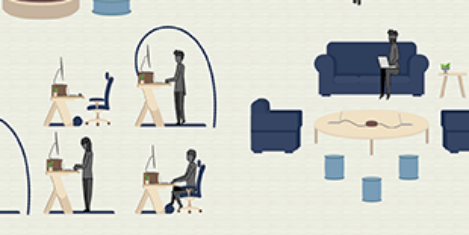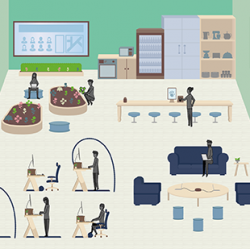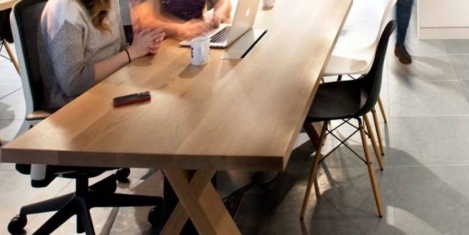January 26, 2017
Global workforce fears it won’t adapt fast enough to the digital workplace 0
 Workers across the globe are excited by the potential for technology to enhance their work lives and create new career opportunities, but over a third (40 percent) fear that they won’t be able to keep up with the rate of change required by digital business, claims a new survey. Across Europe 77 percent of workers acknowledge that disruption and increased competition will require more people with digital skills in order to compete on a global scale; however, the level of encouragement employees believe they are currently receiving to drive change in the workplace varies greatly throughout the world. Only 64 percent of respondents in the US saying they feel empowered by their company culture to lead innovation, whereas 90 percent of employees in Mexico feel their workplaces encourages them to drive change. The BMC study of over 3,200 office workers in 12 countries worldwide found that 88 percent of office workers across the world strongly believe that employers must create an innovative culture to retain staff and enable them to be successful with increasingly digital roles and responsibilities.
Workers across the globe are excited by the potential for technology to enhance their work lives and create new career opportunities, but over a third (40 percent) fear that they won’t be able to keep up with the rate of change required by digital business, claims a new survey. Across Europe 77 percent of workers acknowledge that disruption and increased competition will require more people with digital skills in order to compete on a global scale; however, the level of encouragement employees believe they are currently receiving to drive change in the workplace varies greatly throughout the world. Only 64 percent of respondents in the US saying they feel empowered by their company culture to lead innovation, whereas 90 percent of employees in Mexico feel their workplaces encourages them to drive change. The BMC study of over 3,200 office workers in 12 countries worldwide found that 88 percent of office workers across the world strongly believe that employers must create an innovative culture to retain staff and enable them to be successful with increasingly digital roles and responsibilities.







































January 20, 2017
The facts about sit stand work are already lost in the stream of narrative 0
by Mark Eltringham • Comment, Knowledge, Wellbeing, Workplace design
More →